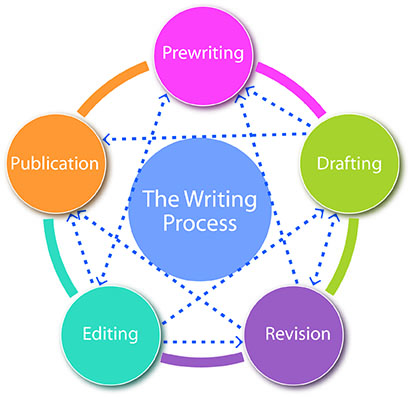Help! I've never written a paper longer than a page.
DON'T PANIC
First of all, you’re not alone—and yes, it’s totally normal to feel overwhelmed. College writing can be a big leap, but there’s a lot of support available.
- Start with your professor. The very first thing you should do is talk to them. Research shows the most sensitive time for an assignment is actually the first 24 hours, not the last 24 hours. So, be sure to ask questions to make sure you fully understand the assignment:
-
What’s the purpose of the paper?
-
Who is the intended audience?
-
Are there specific sources or formatting guidelines you need to follow?
-
- Then, check the rubric. The rubric is your roadmap—it tells you exactly how your paper will be graded. Pay attention to categories like thesis, organization, use of sources, and analysis. If any part is unclear, ask!
- Break the assignment into smaller tasks: Brainstorming, researching, outlining, drafting, revising, and proofreading. You should not be doing every step at once.
- Visit the Writing Center: They can help at any stage—from getting started to polishing your final draft. No question is too small.
- Use the Library: A librarian can help you find strong sources, navigate databases, and cite correctly.
- Give yourself grace and time: Good writing takes time; the more you invest in your process the better then final product. Most importantly: You can do this.
WRITING IS A NON-LINEAR PROCESS
I have good news and bad news.
Good news: Writing is hard for everyone.
Bad news: Writing is hard for everyone.
No one--professors included--writes a perfect paper on the first try. (See Lamott's infamous Shitty First Drafts). Writing is messy, recursive, and often frustrating. You’ll have false starts, new sources of evidence, and analysis that needs more development. That’s not failure, that’s the thinking in action.
Simply put, writing is the act of critical thinking. Which means, writers don’t always know what to say until its written it down. And that’s the beauty and magic of writing: it helps us uncover ideas, make sense of complexity, and see connections we hadn’t noticed before. Writing isn’t just a way to express finished thoughts; it’s how we discover them. The only right way to write, is to start.


